By Adv. Avital Haitovich
Specializing in Humanitarian Law and the Law of Armed Conflict.
The purpose of this post is to consider the implications of a purported “right to resist” under international law as regards Hamas’ actions, which began on 7 October 2023. It does not address question regarding Israel’s response. It will first consider implications under the law governing *the use of force (jus ad bellum) and then under international humanitarian law (IHL; jus in bello).
The prohibition on the use of force, as enshrined in Article 2(4) of the UN Charter, only governs relations between states. It follows that recourse to force as such – as opposed to how such force is used within the framework of an armed conflict – by non-state armed groups is not regulated by international law. This begs the question: what then is the “right to resist”?It seems to have been argued by certain academics that the “right to resist” entail a right of self-defence under the UN Charter, and therefore entails a right to collective self-defence. On the facts, regardless of whether one believes that the Palestinian people have been deprived of their right to self-determination, it is unclear how this is relevant to the present situation, as no state has declared it is participating in a purported right of collective self-defence. On the law, the position is dubious. The main authority invoked for this position is UN General Assembly Resolution 2625 (XXV) on Friendly Relations, which inter aliastipulates:
Every State has the duty to refrain from any forcible action which deprives peoples referred to above in the elaboration of the present principle of their right to self-determination and freedom and independence. In their actions against, and resistance to, such forcible action in pursuit of the exercise of their right to self-determination, such peoples are entitled to seek and to receive support in accordance with the purposes and principles of the Charter.
Yet, this stipulation was a compromise between western states, who rejected the recognition of any right to self-defence, and Soviet-bloc and third world states, who sought to include a robust right of collective self-defence. To read into this clause – and a similar clause in Resolution 3314 (XXIX) – repercussions for the jus ad bellum ignores the lack of consensus among states which the clause represents. As the latest edition of Brownlie’s, edited by the late James Crawford, notes:
Many states have recognized the purported legality of wars of liberation in certain conditions and, as a consequence, the putative legality of external assistance. The Friendly Relations Declaration and Article 8 of the 1974 Definition of Aggression are both relevant here. But, on the other hand, the Court in Nicaragua stated that state practice did not support the existence of a customary right of intervention, ‘directly or indirectly, with or without armed force, in support of an internal opposition in another State, whose cause [appears] particularly worthy by reason of the political and moral values with which it [is] identified’. It would appear that intervention in support of an insurgency must be in accordance with Chapter VII, as was the case with NATO’s support of Libya’s National Transitional Council against the Qaddafi regime in 2011.
It is also telling that scholars who adopted broad conceptions of the right to self-determination – particularly, Georges Abi-Saab and Antonio Cassese – reject the argument that a people denied their self-determination have a collective right to self-defence.As regards the jus in bello, there do not appear to be any (serious) authorities which argue that engagement in a resistance relieves that national liberation movement from its obligations under IHL. Indeed, even the provisions of the First Additional Protocol to the Geneva Conventions (API), which privilege national liberation movements (and do not reflect customary international law), do not relieve them for their obligations under IHL, which include basic obligations under Common Article 3 to the Geneva Conventions and rules governing distinction. Again, this is a point acknowledged by academics who have otherwise enthusiastically embraced the provisions in API which privilege national liberation movements.
footnotes
- 1 Accordance with International Law of the Unilateral Declaration of Independence in Respect of Kosovo (Advisory Opinion) [2010] ICJ Rep 403, [80].
- 2 Shahd Hammouri, ‘The Palestinian People Have the Right to Resistance by All Means Available at their Disposal’ (Law for Palestine, October 2023) 20 <https://law4palestine.org/wp-content/uploads/2023/10/The-Palestinian-People-have-the-right-to-resistance-by-all-means-available-at-their-disposal.-Written-by-Dr.-Shahd-Hammouri.pdf>. See also Legal Consequences for States of the Continued Presence of South Africa in Namibia (South West Africa) notwithstanding Security Council Resolution 276 (1970) (Advisory Opinion) [1971] ICJ Rep 16, Separate Opinion of Vice-President Ammoun, 70. cf John Quigley, ‘Old Jerusalem: Whose to Govern’ (1991) 20 Denver J Intl L & Policy 145, 164-65.
- 3 Malcolm Shaw, The International Status of National Liberation Movements (1983) 5 Liverpool L Rev 19, 27-28; Christian Tomuschat, ‘International Law: Ensuring the Survival of Mankind on the Eve of a New Century’ (1999) 281 Recueil des Cours 9, 211-12.
- 4 James Crawford (ed), Brownlie’s Principles of Public International Law (9th edn, OUP 2019) 744
- 5 Georges Abi-Saab, ‘Cours général de droit international public’ (1987) 207 Recueil des Cours 9, 413; Antonio Cassese, Self-Determination of Peoples: A Legal Reappraisal (CUP 1995) 199-200.
- 6 Protocol additional to the Geneva Conventions of 12 August 1949, and relating to the protection of victims of international armed conflicts (adopted 8 August 1977, entered into force 7 December 1978) 1125 UNTS 3 (API) arts 1(4), 44.

